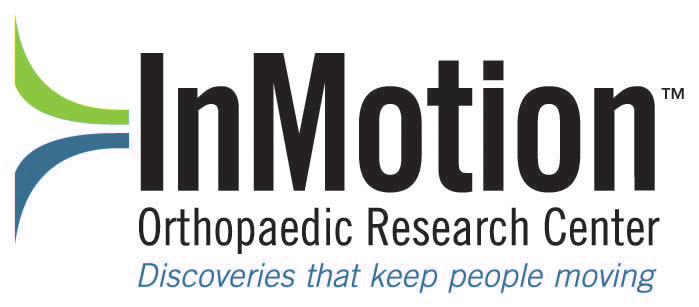|
231
Plenary1
Imaging methods for validation of computational models
Lynne E Bilston
Australia
244
Plenary1
The role of ischaemia and deformation in the development of pressure related deep tissue injury
Cees Oomens
The Netherlands
252
Plenary1
Transport, mixing and vortical flow structures in arteries and airways
Denis Doorly
UK
259
Plenary1
Numerical and experimental models for the aneurysms of abdominal
aorta
Djenane Pamplona
Brazil
261
Plenary2
Computer Simulation of Trabecular Bone Remodeling in Vertebral Bodies
Taiji Adachi
Japan
249
Plenary2
Influence of the fluid-structure interaction in biomechanics : Application to coupled modal analysis and dynamics of the aorta under a impacting shock.
Lalao Rakotomanana
France
255
Plenary2
Efficient Meta Models through Integrated Computational, Statistical and Experimental Methods
Robert Spilker
USA
238
Plenary2
The Challenge of Multiple Scales in the Biological Sciences: Applications in Cerebro-vascular Perfusion
Tim David
Newzeland
257
Plenary2
Prediction of bone formation around drug delivery implants
Dominique Pioletti
Switzerland
250
Plenary3
Some applications in computational mechano-chemo-biology
Manuel Doblare
Spain
232
Plenary3
Foot mechanics: analysis of heel pad tissue behaviour
Arturo Natali
Italy
245
Plenary3
Direct computation of trabecular bone permeability and fluid flow in the
marrow space
Glen Niebur
Ireland
247
Plenary3
Innovations in Cell and Molecular Biomechanics
Christopher Jacobs
USA
248
Plenary3
Capturing and modelling facial movement
Stephen Richmond
UK
235
Plenary4
New software tools for modelling reality
Philippe Young
UK
243
Plenary4
Patient Specific Modeling of the Dysplastic Hip
Jeff Weiss
USA
233
Plenary4
Biomechanical models and intraoperative biomechanical
Jos vander Sloten
Belgium
279
Plenary4
Coupling conservation equation to biomathematical models
of nano and microscale events
Marc Thiriet
France
253
Plenary4
Muscle coordination of balance during human gait
Marcus Pandy
Australia
256
Plenary5
Biodynamics of the human spine
A Shirazi-Adl
Canada
246
Plenary5
Direction dependent elastic and inelastic mechanical response of cortical bone investigated through nanoindentation testing and finite element simulations
Roberto Contro
Italy
254
Plenary5
The EOS system and subject specific musculoskeletal modelling
Wafa Skalli
France
242
Plenary5
In-vivo and in-vitro studies to determine the constitutive behaviour of the
periodontal ligament
Christoph Bourauel
Germany
251
Plenary5
Muliscale and Multiphysics Design of Tissue Engineering Scaffolds
Scott Hollister
USA
258
Plenary6
From lab to market: the role of science to promote industrial
applications
Riccardo Pietrabissa
Italy
236
Plenary6
Biomechanical models of the hand: current challenges
Ximo Sancho i Bru
Spain
239
Plenary6
A possible explanation of the bony mechanotransduction process
Jean-Marie Crolet
France
240
Plenary6
Motion Tracking in Images based on Stochastic Filters and Optimization
Joao Tavares
Portugal
241
Plenary6
On the biomechanics of the female pelvic cavity
Renato Natal Jorge
Portugal
234
Plenary7
Towards a patient-specific vascular access for hemodialysis treatment
Pascal Verdonck
Belgium
260
Plenary7
Soft tissue characterization derived from MRI by direct and inverse methods
Marie-Christine Ho-Ba-Tho
France
292
Plenary7
Computational Tools for the Analysis of Long-term Stability of Abdominal Aortic Endografts
C. Alberto Figueroa
Stanford University, USA
299
Plenary7
Finite Element Modelling and Complementary Experiments can
Provide Understanding of Tissue Function
Nigel Shrive
Canada
237
Plenary7
FEM and statistical analysis for studying the optimal design of endodontic posts
Antonio Perez
Spain
| |
|







